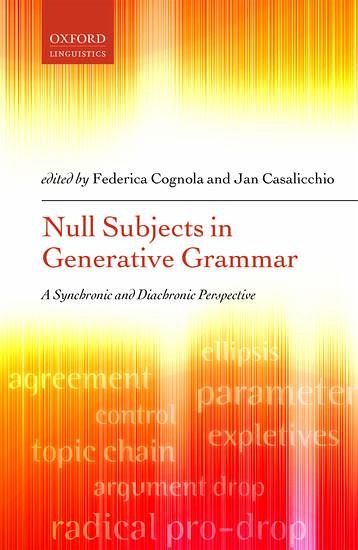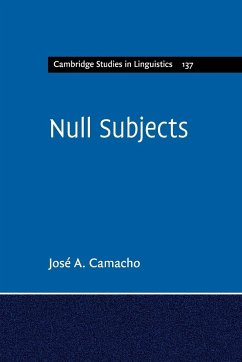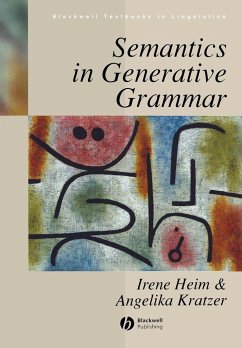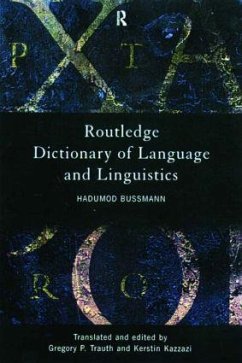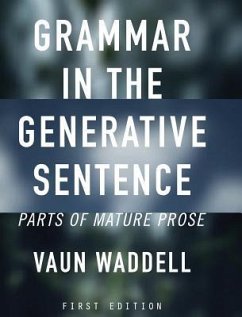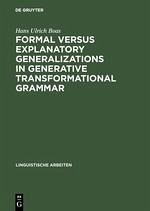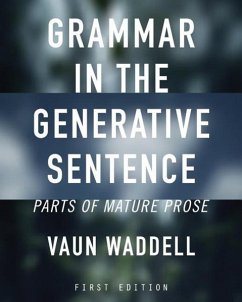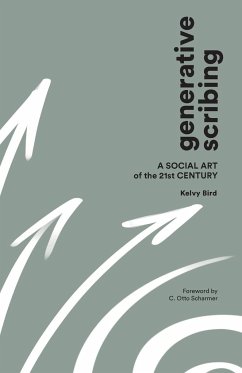Federica Cognola is a Lecturer in German Linguistics at La Sapienza University in Rome. After receiving her PhD in Linguistics from the University of Padua in 2010, she worked as a Research Fellow at the Universities of Trento (2010-2015) and Venice Ca' Foscari (2015-2016), and as a contract lecturer in German linguistics at the Universities of Trento and Verona. She has also been a visiting scholar at the University of Tromsø, Cambridge, and Potsdam. Her research interests include verb second, OV/VO word orders, overt and null referential and expletive subjects, scrambling, contact linguistics, monolingual and bilingual language acquisition, language variation and change, and diachronic syntax. Jan Casalicchio received his PhD in Linguistics at the University of Padua in 2013, and is currently a Post-Doctoral Researcher at Utrecht University, within the ERC-funded project 'Microcontact' (https://microcontact.sites.uu.nl). Previously, he worked as a Post-Doctoral researcher at the University of Trento (on the ERC-synergy grant project 'Advancing the European Multilingual Experience'), and as Contract Lecturer at the Universities of Verona and of Bolzano/Bozen. He has also been a visiting scholar at the Universitat Autònoma de Barcelona and at the Georg-August Universität Göttingen. His research interests include Romance formal syntax (focusing on verbal small clauses, verb second, and subject clitics in Romance), Northern Italian dialectology, contact linguistics, language variation and change, and diachronic syntax.
